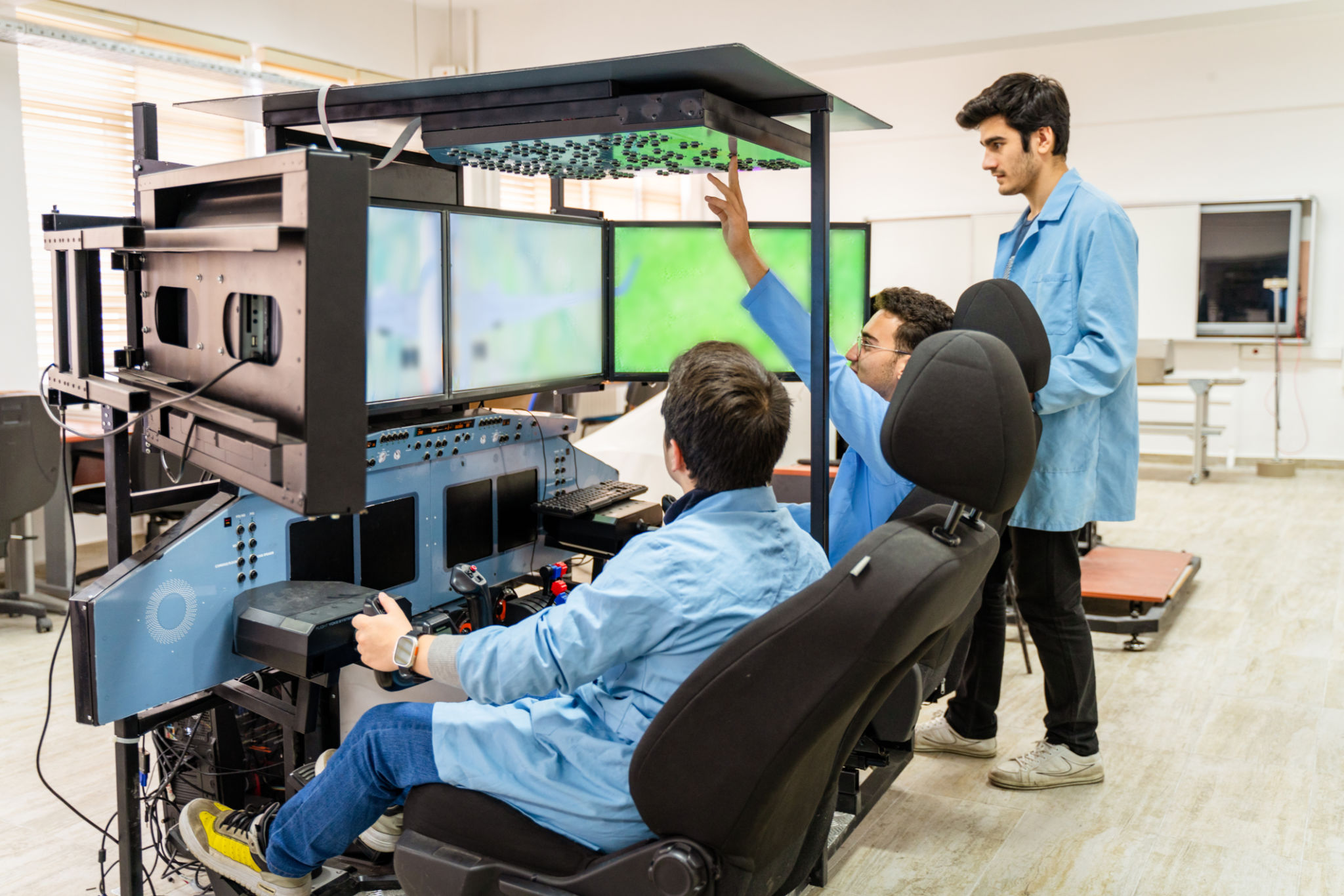The Impact of Aviation Education on Career Paths
Introduction to Aviation Education
The aviation industry is a dynamic and rapidly evolving field that offers a plethora of career opportunities. A critical component in preparing individuals for these roles is aviation education. Programs designed to educate aspiring aviation professionals not only impart crucial knowledge but also hone skills essential for success in this industry.
Whether you're interested in becoming a pilot, an air traffic controller, or an aviation engineer, a solid educational foundation is paramount. These programs provide a mix of theoretical knowledge and practical experience, ensuring students are well-prepared to tackle the challenges of the aviation field.

The Role of Aviation Education in Career Development
Aviation education plays a significant role in shaping career paths. The industry requires professionals who are not only technically proficient but also versed in industry regulations and safety protocols. Educational programs address these requirements by offering specialized courses that cover aerodynamics, navigation, meteorology, and aviation safety.
In addition to technical skills, aviation education fosters critical thinking and problem-solving abilities. These skills are essential as they enable professionals to make informed decisions quickly, a necessary competence in high-pressure situations commonly encountered in aviation.

Pathways in Aviation Education
There are multiple pathways within aviation education, each catering to different career aspirations. Some of the most popular options include:
- Pilot training programs
- Aviation management degrees
- Aeronautical engineering courses
- Air traffic control certification
Each of these pathways offers unique opportunities and challenges, allowing individuals to specialize in their field of interest.
Impact on Career Prospects
The impact of aviation education on career prospects cannot be overstated. Graduates from reputable programs are highly sought after by leading airlines, aerospace companies, and government agencies. The comprehensive nature of these programs ensures that students are equipped not only with technical skills but also with the ability to adapt to technological advancements.

Moreover, many educational institutions have partnerships with industry players, providing students with valuable networking opportunities. These connections can lead to internships and job placements, giving graduates a head start in their careers.
Future Trends in Aviation Education
As technology continues to advance, so too does the landscape of aviation education. Emerging trends such as the integration of virtual reality (VR) and augmented reality (AR) in training programs are transforming how students learn and practice their skills. These technologies offer immersive learning experiences, allowing for more effective simulation of real-world scenarios.
Additionally, there is a growing emphasis on sustainability and environmental impact within the industry. Educational programs are increasingly incorporating these themes into their curricula, preparing future professionals to address these critical issues.
Conclusion
Aviation education is a pivotal factor in shaping the future of the industry. It not only equips individuals with the necessary skills and knowledge but also opens doors to a range of exciting career opportunities. As the industry continues to evolve, those who have received comprehensive aviation education will be well-positioned to lead and innovate.
For anyone considering a career in aviation, investing in a quality educational program is a crucial step towards achieving success in this dynamic field.
